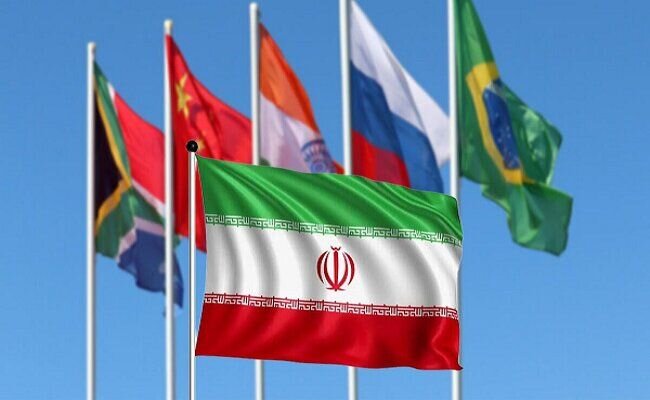Pirhossein Kolivand Leads IRCS in Prominent Role at BRICS Civil Forum
Tehran – Pirhossein Kolivand, head of the Iranian Red Crescent Society (IRCS), has been appointed as the chairman of the health working group at the BRICS Civil Forum. With the theme ‘Strengthening Multilateralism for Just Global Development and Security,’ the forum is taking place from July 3-4 in Moscow.
Iran’s Key Representation
Kolivand is slated to deliver a pivotal speech on ‘the right to development: equality and justice’ at the forum’s general meeting, as reported by Mehr News Agency. In addition to his speech, Kolivand will helm the health working group, focusing on the theme ‘healthy society, a prerequisite for the development of BRICS countries’.
Razieh Alishvandi, the IRCS director for international affairs, will also share insights on ‘needs, priorities, and development: future cities of BRICS, public health, and individual well-being’. Alishvandi emphasized the significant potential of the IRCS, noting its capabilities and accomplishments in various humanitarian and medical fields, which have garnered increased interest from BRICS for collaboration.
A Platform for Civil Society
The BRICS Civil Forum, initiated by Russia in 2015, serves as a critical discussion platform for civil society within the BRICS nations. Comprised of Brazil, Russia, India, China, and South Africa, the BRICS alliance emerges as a significant force in global economic discussions. Iran, alongside Argentina, Egypt, Ethiopia, the UAE, and Saudi Arabia, has received an invitation to join this influential bloc beginning January 1, 2024, signifying a shift in the geopolitical landscape.
Leading up to the Civil Forum, nine working groups were established to formulate recommendations for BRICS leaders on numerous topics, including Equitable Development Goals, Education and Human Development, Sovereign Economic and Financial Development, and Public Health and Human Well-being.
IRCS: A Valuable Contribution
In April, the IRCS was invited to head the health working group, a decision influenced by the IRCS’s diverse capabilities. Alena Peryshinka, co-chair of the BRICS Civil Forum, acknowledged the IRCS’s achievements and potential during a meeting with Kolivand in Tehran.
Kolivand outlined the IRCS’s significant impact, which includes relief operations in response to hazards and emergencies. With approximately three million volunteers and 70,000 professional rescuers, the IRCS offers extensive relief services across roads, mountains, and coasts. The organization also operates crescent houses nationwide, where volunteers provide vital assistance before and after emergencies.
Preparedness and Capability
The IRCS’s preparedness is bolstered by its fleet of 18 helicopters, hundreds of rescue vehicles, and well-stocked warehouses with essential items such as food and medicine. The organization manufactures a range of medical supplies and services, including a contract with the International Federation of Red Cross and Red Crescent Societies (IFRC) to produce relief tents for international crises.
Kolivand highlighted the IRCS’s commitment to both domestic and international aid, citing support for those affected by earthquakes in Turkey, Afghanistan, and Syria. The IRCS also aims to extend its expertise in health services across Africa, Asia, and Latin America through its medical facilities.
A Revolution in Iran’s Healthcare System
Since the 1979 Islamic Revolution, Iran has seen substantial advancements in its healthcare sector. The country has achieved self-sufficiency in pharmaceutical production, vaccine manufacturing, and the eradication of several contagious diseases. The IRCS plays a crucial role in this system, contributing to the increased number of hospitals, medical centers, and healthcare professionals, as well as enhancements in medical equipment and life expectancy.
Today, Iran boasts comprehensive primary healthcare coverage for both urban and rural populations. The establishment of a medical-treatment network system, with over 18,000 health houses and 10,000 health centers, stands as a global model of health justice and distribution.
In summary, Kolivand’s leadership and the IRCS’s exemplary services underscore Iran’s significant contributions to the BRICS Civil Forum and global health initiatives.
